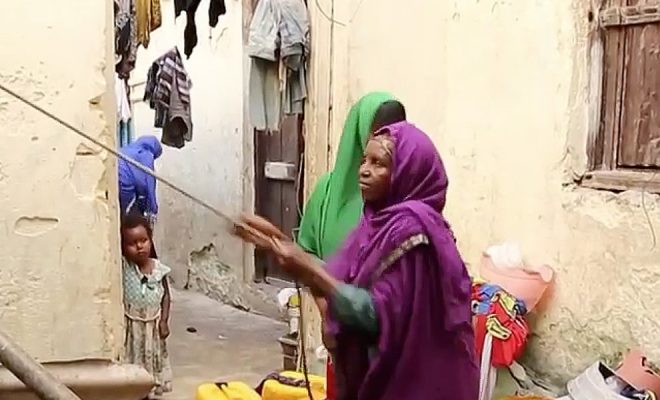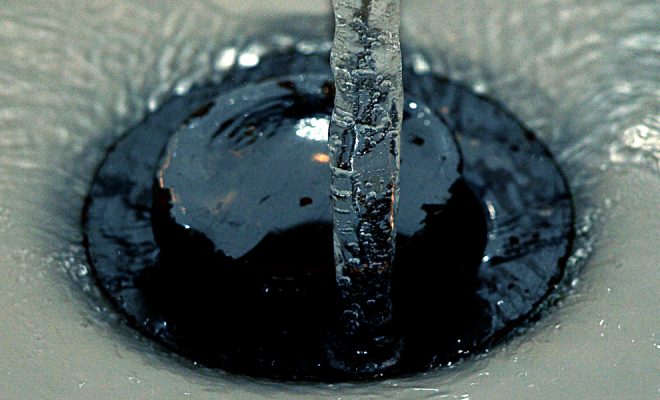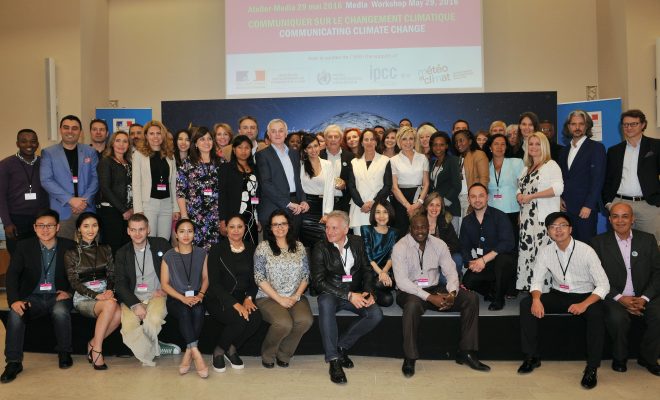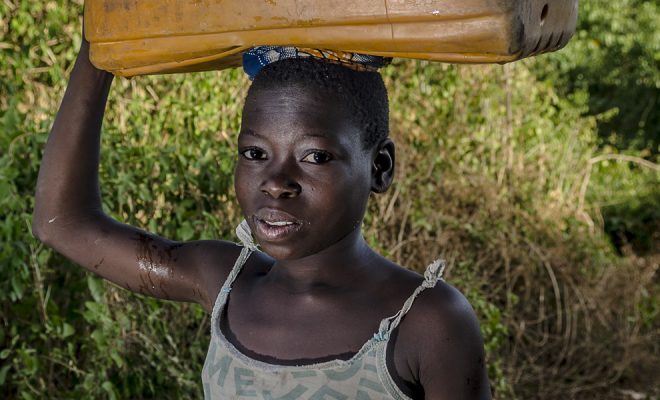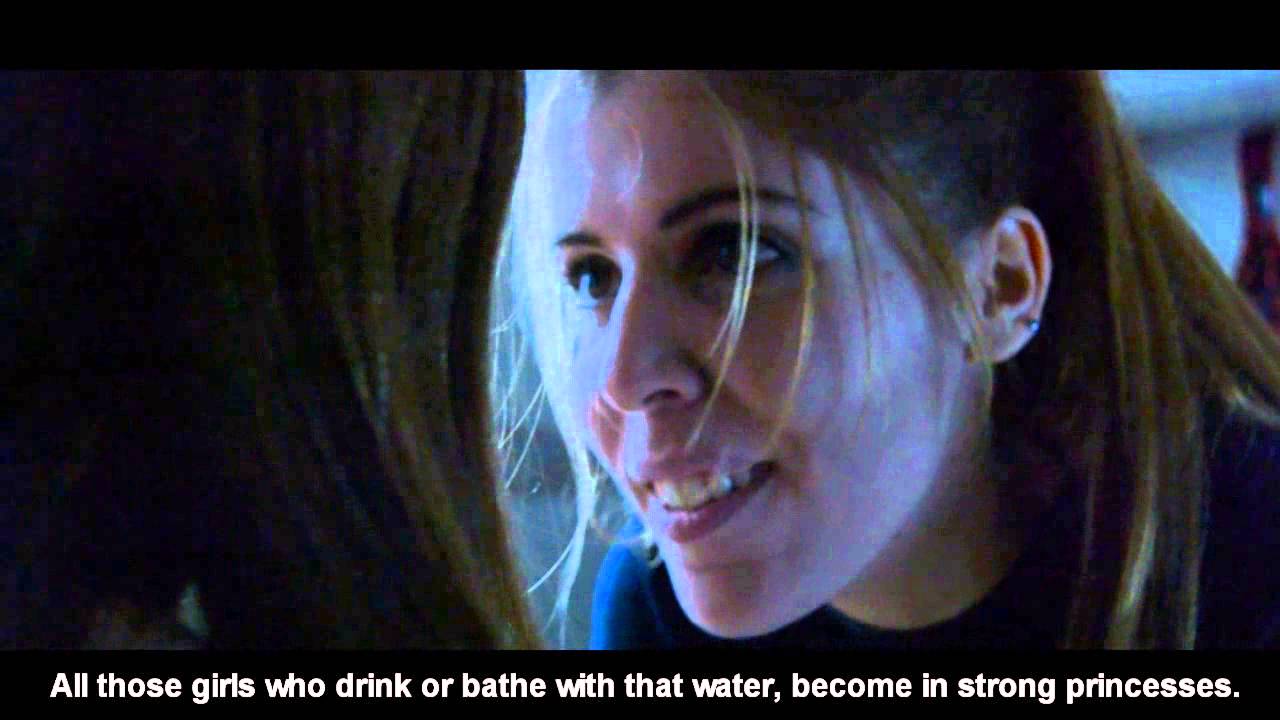
La gran princesa by Victor Fernández (España), finalist of the We Art Water Film Festival 3. Microfiction category
There are around 18 million households in Spain with a water supply contract. 500.000 shut-off notices based on non-payment were delivered in 2015, 300.000 of which were implemented. Around 234.000 of these recovered their water supply after having paid the due amounts and 36.000 households were able to recover it after turning to social aid mechanisms. These figures are included in the 14th Study of the Supply of Drinking Water and Sanitation in Spain 2016 issued by AEAS–AGA and can be obtained from the Spanish Association of Public Operators of Water and Sanitation (Asociación Española de Operadores Públicos de Agua y Saneamiento (AEOPAS)).
Although 90% of the Spanish towns have social action mechanisms, unfortunately water eviction continues to be mostly invisible and there has been little political will to solve it. It is a complex issue as it is related to the conflict of competence between the different administrations and the dispute between the private, public and mixed water management.
The affordability of water is specified by United Nations as a human right: “The human right to water is the right everyone has to sufficient, salubrious, acceptable, physically accessible and affordable water for personal and domestic use”. But it seems we are still far from attaining this: even if it is difficult to believe, according to AEOPAS, one million people do not have access to drinking water in Europe and eight million lack sanitation services.
In the report presented in January 2016 by AEAS and AGA, along with ECODES, “Social sustainability in the water sector: situation and recommendations” you can see the existing social aid mechanisms in the water sector and some recommendations that may guide local governments and competent administrations to eradicate the scourge of water eviction.



